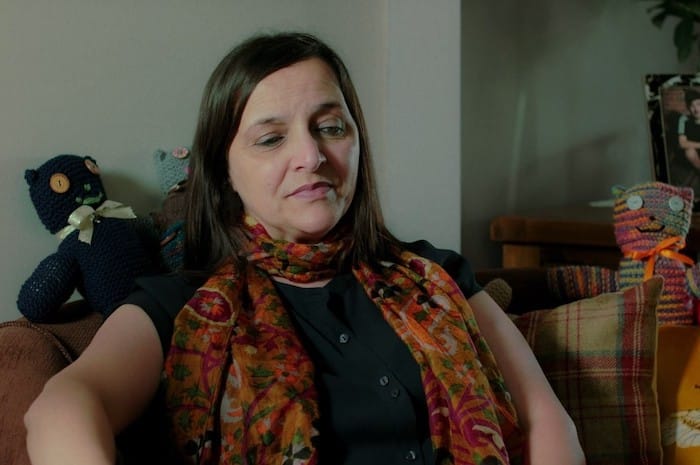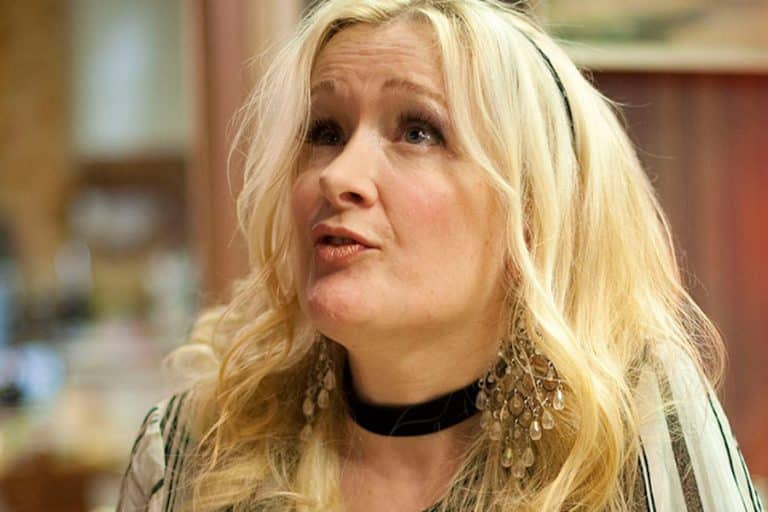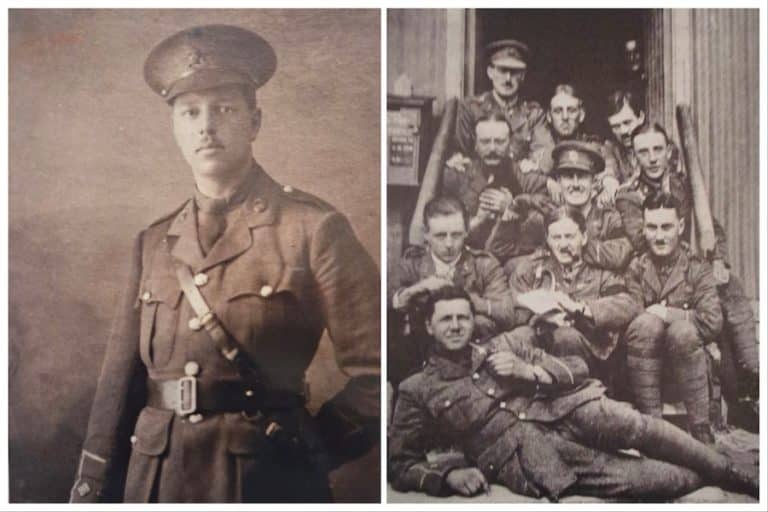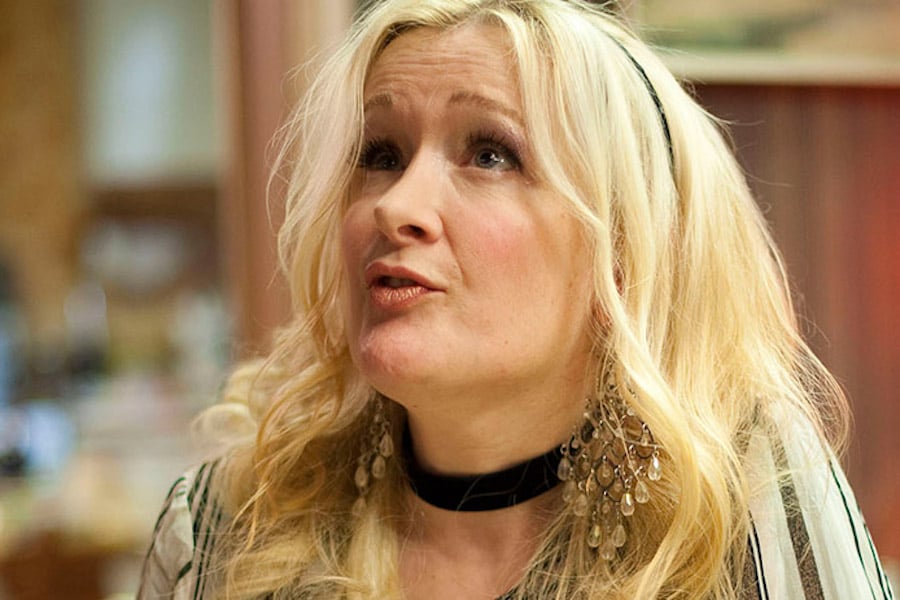Mum of son who died in Manchester Arena bombings reveals political fight for venue safety law
- Written by I Love MCR
- Last updated 1 month ago
- City of Manchester, People, Public safety

Figen Murray continues her tireless campaign for stronger public safety laws, a journey marked by frustration and resilience.
She recounted the obstacles she’s encountered with Conservative government officials while advocating for “Martyn’s Law,” a legislative measure aimed at mandating better security protocols in public venues.
Her efforts have seen her navigating complex political landscapes and urging government officials to take action to protect innocent lives.
Martyn’s Law

In conversation with Philip Grindell, CEO of the security consultancy Defuse, Murray shared the deep heartbreak and frustration that has fuelled her pursuit of justice for the victims of the attack.
She also expressed hope that new legislation would prevent other families from suffering similar losses.
Murray’s journey has involved years of lobbying and meetings with successive Prime Ministers and Home Secretaries. She noted that each change in leadership has slowed progress, though she remains undeterred.
After years of advocacy, Home Secretary Yvette Cooper announced yesterday the introduction of the Terrorism (Protection of Premises) Bill, commonly referred to as “Martyn’s Law,” in honour of her son.
Reflecting on the introduction of the bill, which mandates that venues over a certain capacity implement safety plans, Figen expressed optimism.
“I feel like this is the beginning of the end of the campaign,” she said.
The law will require venues with a capacity of more than 200 people to prepare for potential attacks, with larger venues needing more stringent security measures, such as CCTV or trained security personnel.
Murray began her campaign upon realising that existing laws did not obligate venue operators to protect patrons from terrorist threats.
Working with Brendan Cox, husband of the late MP Jo Cox, she shifted her strategy towards direct political engagement.
Though her efforts have been met with setbacks, including frequent changes in government officials, she acknowledges the Home Office’s creation of a dedicated department for Martyn’s Law as a positive step forward.
Taking action
She also shared how Prime Minister Rishi Sunak responded to her plea for swift action. “I asked him to ensure the law would be in place by the seventh anniversary of the attack,” Murray recounted, “but he couldn’t make that commitment.”
To bring attention to the cause, she walked over 200 miles from Manchester to London, underscoring the urgency of the issue.
“So he [Sunak] had no choice but to meet me and the meeting was okay, a bit non-committal and a bit business-like, but at least he met. James Cleverly was there and they met us.
“And then shortly after, we met Keir Starmer and some of his ministers and it was a completely different meeting.”
She said some members of the Commons Home Affairs Committee seemed to be more concerned about potential costs to businesses than ensuring public safety.
Figen remarked on contrasting responses from different political figures.
She found her meeting with Labour Leader Keir Starmer more engaging than some of her encounters with Conservative ministers, noting that Starmer’s empathy and understanding stood out.
Yet, some MPs raised concerns about the potential costs of implementing Martyn’s Law, even as Murray highlighted its minimal financial impact, estimating it at roughly 50p per event.
Former Conservative MP Tim Loughton
Figen said the former Conservative MP Tim Loughton, a former children’s minister and chair of the committee, claimed terrorists would not bother targeting events at village halls, for example.
She said: “He then topped it off by the Daily Mail doing an interview with him, and said in that interview that actually, why would terrorists even be interested in going to villages and attacking the local yoga class or the local Women’s Institute meeting or a Slimming World group?
“That’s not an interesting enough target.
“And I’m thinking, ‘what are you talking about?’ Jo Cox was killed in a village and Sir David Amess was killed in a community centre. What on earth are you talking about?
“This is happening to real people.”
She added: “Keir Starmer asked me a few months ago, when I met him the first time, he said, ‘I know about your campaign, what motivates you?’
“I said, having my son’s ashes on a bookshelf is a good motivator. No parent should be in that place. He couldn’t really answer that.”
As the bill advances, she remains hopeful that her son’s legacy will ultimately make public spaces safer.
You can read more about Figen Murray’s fight for Martyn’s Law by clicking here
- This article was last updated 1 month ago.
- It was first published on 15 October 2024 and is subject to be updated from time to time. Please refresh or return to see the latest version.
Did we miss something? Let us know: [email protected]
Want to be the first to receive all the latest news stories, what’s on and events from the heart of Manchester? Sign up here.
Manchester is a successful city, but many people suffer. I Love Manchester helps raise awareness and funds to help improve the lives and prospects of people across Greater Manchester – and we can’t do it without your help. So please support us with what you can so we can continue to spread the love. Thank you in advance!
Got a story worth sharing?
What’s the story? We are all ears when it comes to positive news and inspiring stories. You can send story ideas to [email protected]
An email you’ll love. Subscribe to our newsletter to get the latest news stories delivered direct to your inbox.

The pioneering doctors who changed science forever and inspired the new Netflix series Joy

Green, grand and gorgeous – a deep dive into the redevelopment of Albert Square

English National Opera finds a new home in Manchester making opera accessible to all

“Great food at excellent value” An authentic taste of Naples arrives in Ancoats

Comedian spearheads campaign for a statue of beloved comic Caroline Aherne















